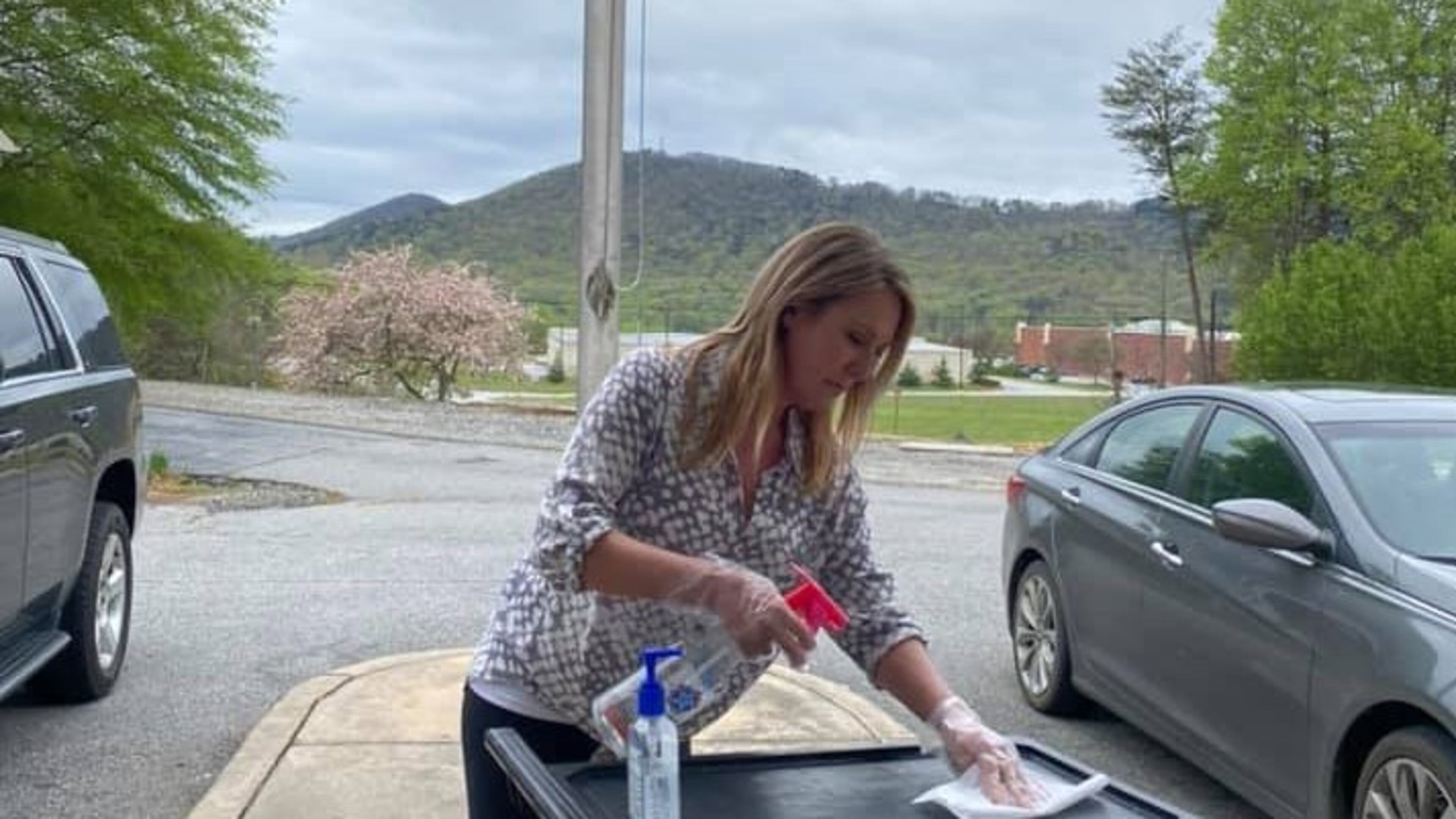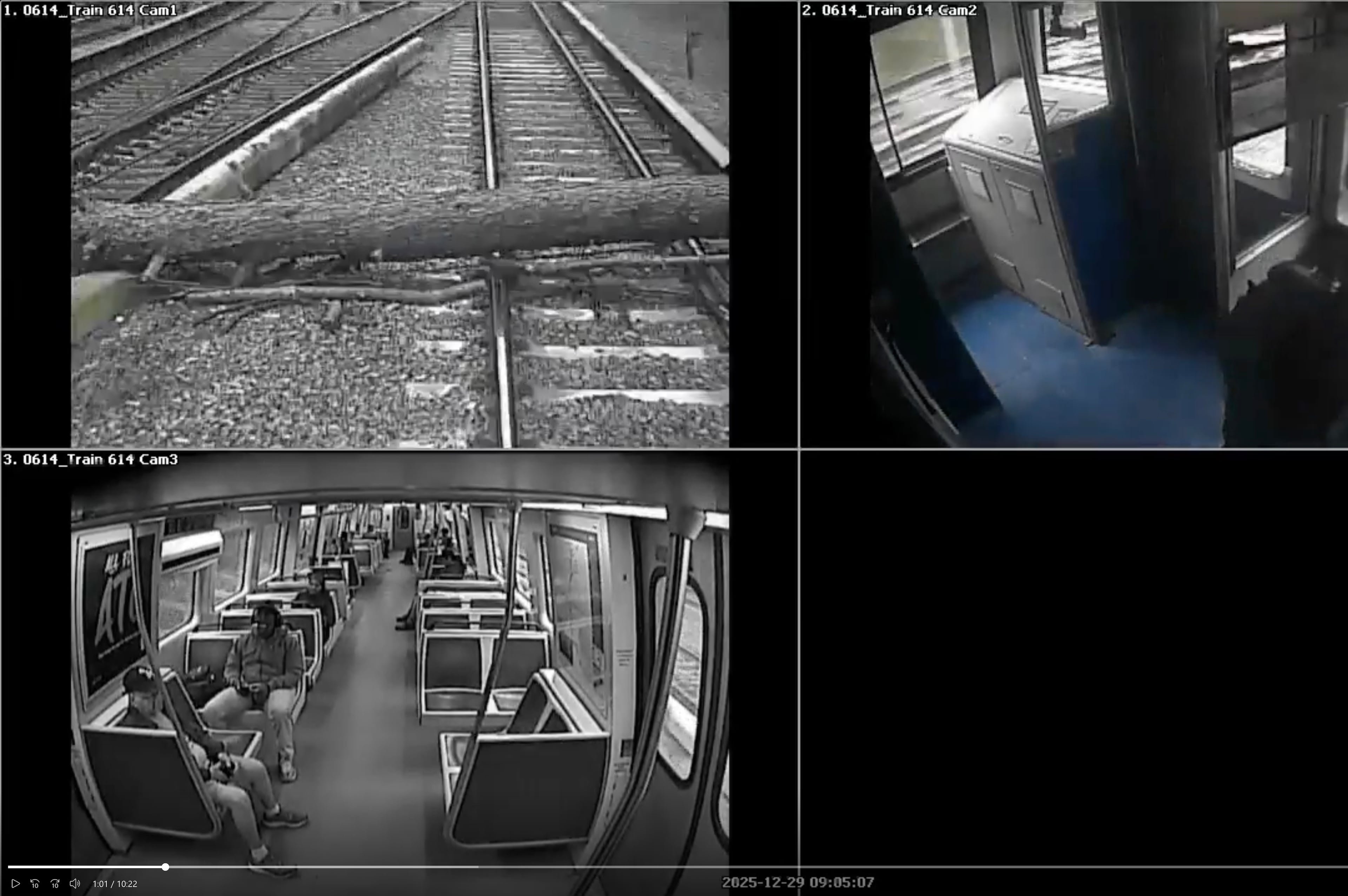Child care is essential to ‘essential’ personnel, yet most are closing

Like much of America last winter, Michele B. Hill and her preschool teachers saw the novel coronavirus as a distant threat.
By mid-March, though, their mood was shifting. The World Health Organization had declared a global pandemic, bodies began to pile up in Italy and a growing number of American parents started keeping their kids at home. Then Gov. Brian Kemp ordered public K-12 schools to close.
Within days, Hill shuttered her six KIDazzle Child Care locations, including three in metro Atlanta.
“We made a decision that it was best to get out of this thing alive,” she said.
Georgia's day cares are still allowed to operate, but limits on public gatherings and fears of spreading the virus have pushed many owners to close their doors anyway, potentially putting them in financial peril. As of Friday, more than 60% of preschools were shuttered as were more than a quarter of the smaller child care businesses run out of homes.
Parents who cannot work at home have had to scramble to find care after their facilities shut down. Doctors, nurses, police officers, package deliverers and grocery store workers have been providing essential services that must be done in person, and it’s illegal to leave a child under age 9 unattended. (Kids ages 9-12 can be alone but only for a couple of hours.)
“My job is demanding. It’s expected of me to be there,” said Kimberly Ramats, an emergency room nurse who had to find a babysitter after her day care in the northeast Georgia town of Cleveland shut down. Instead of having a school to support her, her livelihood now depends on one woman who might get sick or miss work for some other reason.
Still, as a medical worker, Ramats acknowledges the risk she posed to other families at the day care, given her higher chance of exposure to the virus while at the hospital.
It’s a conundrum faced by all preschools that are still open: risk infection or deny an essential service to workers who are, themselves, essential in the effort to contain COVID-19, the disease caused by the coronavirus. Class sizes are now limited to 10 people — children and teachers combined — but enforcing social distancing can be particularly difficult among small kids who are used to close physical contact.
Home-based child care providers could be uniquely positioned to help fill the void, since they are limited to between three and six kids, unlike the larger facilities that accommodate scores of children.
Shauna Young, who runs a day care out of her home in Gwinnett County, watches the three small children of a couple whose jobs require them to leave the home, the husband for AT&T and the wife for the Gwinnett County Police Department.
“If criminals would stay home, she could stop working,” Young said. She recently added a new child to her roster, the daughter of a Publix employee.
Bright Horizons, a chain of private preschools with several locations across metro Atlanta, closed some centers and shifted resources to others serving parents on the “front lines” of the pandemic. The company’s public relations team, responding only by email, said it is only serving parents “who are designated as essential workers,” but acknowledged there was no one person deciding whose work, exactly, is considered essential.
A couple of days after his ban on large gatherings led some preschools to close, Kemp ordered all pre-K schools to shut down. But he let private day cares decide for themselves whether to stay open.
“The main reason for that is child care is still needed for all those essential workers who still have to work,” said Amy Jacobs, who regulates child care for Georgia as commissioner of the Georgia Department of Early Care and Learning.
Jacobs requested on Friday that the industry prioritize service for parents in what the federal government designates as the “critical infrastructure workforce.” The list is expansive, with hundreds of jobs across more than a dozen sectors.
Mindy Binderman, executive director of the Georgia Early Education Alliance for Ready Students, said the state has taken good first steps but wants to see clearer directives to cut down on confusion. She’s also calling for more guidance on safety protocols, such as cleaning and disinfecting schools and body temperature checks for teachers and students, as well as subsidized hazard pay for the teachers.
“We want to make sure kids are safe and teachers are safe. If K-12 schools are closed and colleges and universities are closed, it’s time to really take a critical look at how we’re serving young kids in groups, because kids don’t do social distancing.” Binderman said, noting that children can be carriers for the virus. “We’re trying to strike a balance.”
The National Association for the Education of Young Children surveyed members in mid-March, and found that about a third of the more than 6,000 respondents couldn’t survive a closure of more than two weeks without “significant public investment and support.”
The $2.2 trillion stimulus package signed by President Donald Trump could help, said Joe Perreault, public policy chair of the Professional Family Child Care Alliance of Georgia. The money is coming, and the child care block grants, small-business loans and unemployment insurance could keep facilities and their employees above water, he said, “but it’ll take a while to get here.”
Shanda Ginn is among those counting the days. On the evening Kemp announced his ban on large gatherings, she sat at her dining room table with the names and ages of her students at the Cleveland Academy laid out before her. At that point, half of her kids weren’t coming in, but there was no way to divide the 70 who were into classrooms with 10 or fewer people. So around 8 p.m., she sent an email to her parents that broke her heart: We are closed.
She knew her decision would put her business, which won program of the year from the Georgia Association for the Education of Young Children in 2019, at risk, as well as put her parents, such as Ramats, the nurse, in a tough spot. But she also didn't want to pick winners and losers. Who was she to decide which parents got child care and which didn't, and which of her employees would have a job?
“I wasn’t going to make those decisions,” she said. “I was not going to say, ‘You can come but you can’t.’”




